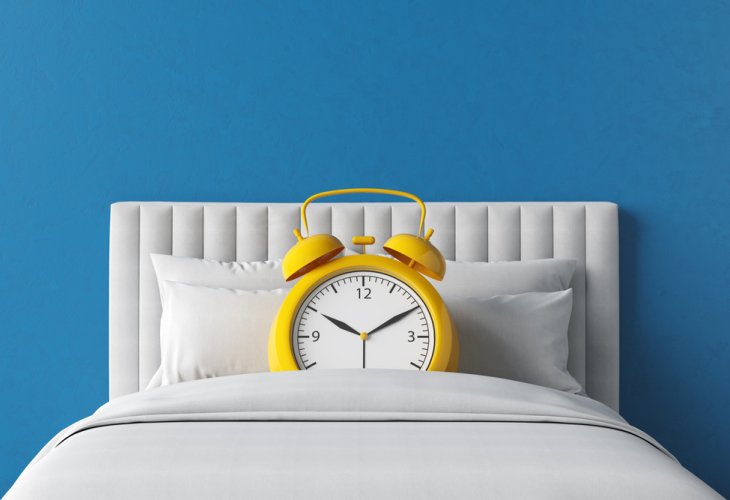Health and Nutrition
Why Women Sleep Worse Than Men: The Science Behind Female Fatigue
Research finds that women's body clocks are out of sync with their sleep cycles, increasing rates of insomnia, anxiety, and poor sleep quality
 (Photo: Shutterstock)
(Photo: Shutterstock)If women constantly complain about feeling tired, there's a good reason for that. A study finds that women sleep worse than men — and there's a biological explanation. Women’s "body clock" runs about six minutes ahead and is not synchronized with their natural circadian rhythm, meaning that their brain doesn’t signal tiredness at the right time.
The study reviewed dozens of recent sleep studies comparing men and women. In most of these studies, participants wore a special wrist device that measured the quality of their sleep.
The results showed that women are nearly 60% more likely than men to experience insomnia. It was also found that men tend to go to sleep much later and have a higher risk of sleep apnea.
The studies raised an important question regarding the differences between men and women in the speed of their internal body clock — also known as their circadian rhythm, which governs their daily cycles. For humans, the biological cycle averages about 24.2 hours which is just slightly longer than a full day.
The body lowers core temperature before falling asleep and releases melatonin — the hormone that triggers the feeling of tiredness. Research found that in women, melatonin is secreted earlier, and core temperature drops about six minutes sooner than in men. As a result, women tend to feel tired earlier.
“The six-minute difference might seem small, but it’s significant,” explained Dr. Renske Lok, a psychiatrist specializing in sleep. “The mismatch between the central body clock and actual sleep time is five times greater in women than in men. If your clock always ran six minutes fast or slow, over days, weeks, and months, that would lead to major misalignment between your internal clock and external cues like light and darkness. Circadian rhythm disorders are linked to various health issues, including sleep problems, mood disorders, and impaired cognitive function.”
Neuroscientist Dr. Sarah Chellappa adds, “Lower sleep quality is often connected to anxiety and depression. In practice, we see that the prevalence of these symptoms in women is twice that in men. This research helps explain why.”
Interestingly, studies show that women are also 25–50% more likely to suffer from Restless Leg Syndrome (RLS), which is linked to iron deficiency. This disorder causes an uncontrollable urge to move the legs and significantly disrupts sleep quality.

